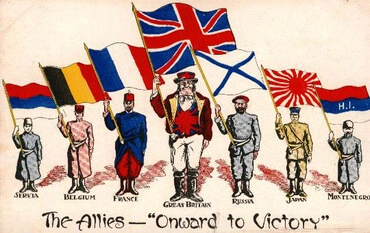Ephraim

Ephraim was the second son born to Joseph in Egypt and was, along with his older brother Manasseh, elevated by Jacob to the same status as Joseph’s brothers. Thus when the tribes of Israel are named, Ephraim and Manasseh are named as patriarchs along with their uncles – Reuben, Simeon, Levi, Judah, Dan, Naphtali, Gad, Asher, Issachar, Zebulun and Benjamin -- but Joseph is not. According to Swedenborg, Ephraim represents the intellectual aspect of the church, the part that explores and understands what is true – especially the true ideas that can be drawn from the Bible. Manasseh, meanwhile, represents the affectional aspect of the church, the part that feels and loves and cares. This plays into the best-known story of Ephraim’s life. When Jacob was old and nearing death, Joseph brought his two sons to be blessed. He presented Manasseh to Jacob’s right hand as the elder, and Ephraim to Jacob’s left hand. But Jacob crossed his hands and gave Ephraim the primary blessing. According to Swedenborg, Manasseh was the elder son because ultimately, what we love makes us who we are; our loves form our lives. So our loves are the most central, leading aspect of our human existence, with our intellect playing a secondary role. But as we develop, we need to reverse those. We can use our intellect to understand what is good and right and force ourselves to do it, even when our desires are for what’s selfish. If we stick to that out of a determination to follow the Lord and be good people, the Lord will eventually remove the selfishness from our hearts so we can truly love what is good. By having Jacob bless Ephraim above Manasseh, the Lord is telling us that we have to put our intellect first to pursue our spiritual journey.
Country

Generally in the Bible a "country" means a political subdivision ruled by a king, or sometimes a tribe with a territory ruled by a king or chieftain. Others are what we now call city-states, with surrounding farm areas. In almost all cases these countries were far smaller than our modern idea of countries, though Egypt and Assyria would be exceptions. Sometimes the word is used to refer to countryside, a wide area with no consideration of boundaries as when the twelve Israelites were sent to spy out the country.
(Odkazy: Arcana Coelestia 3816 [3], 6818, 6820, 6821; Charity 83, 85; True Christian Religion 305)






